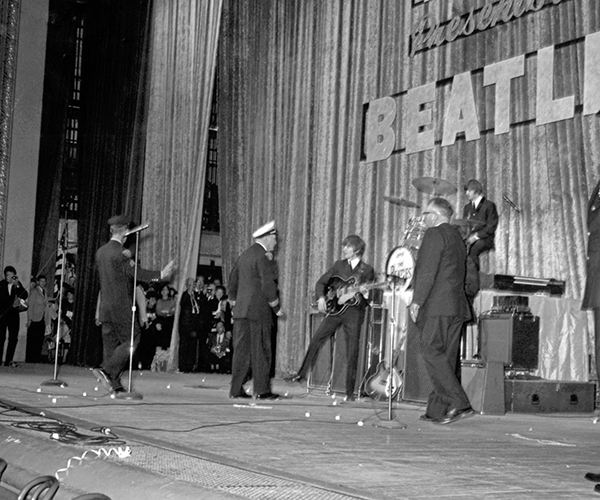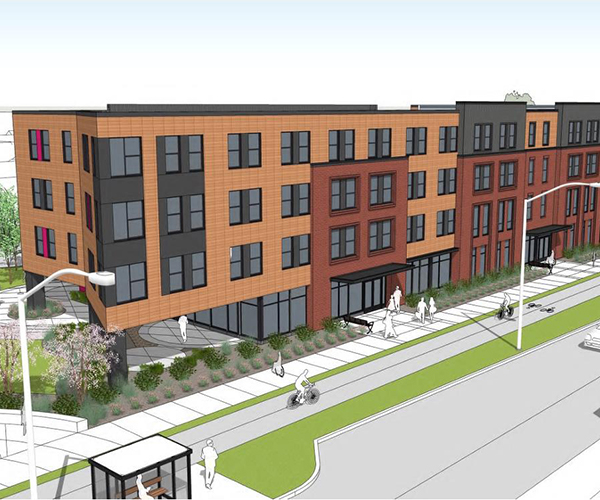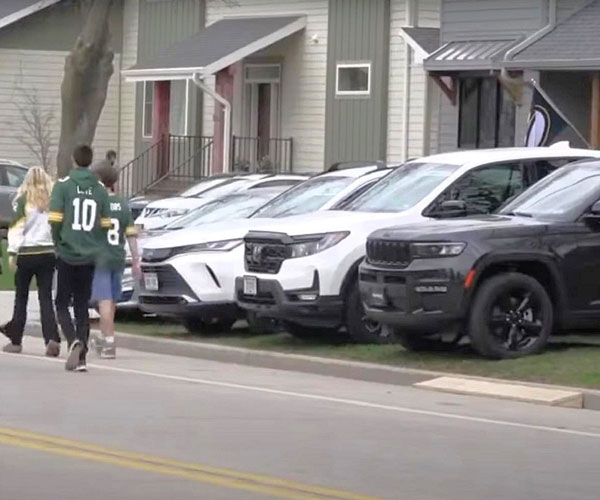Six years since, on Nov. 13, 2014, Tanisha Anderson, a woman diagnosed with bipolar disorder, died after being hand-cuffed and placed on the pavement by Cleveland police officers. Six years since, on Nov. 22, 2014, Tamir Rice, a 12-year-old boy, was shot by Cleveland police while carrying a toy gun. And six years since, on Dec. 4, 2014, U.S. Attorney General Eric Holder arrived in Cleveland and held a press conference to announce the results of a comprehensive investigation that showed the Cleveland police department had engaged in a “pattern and practice” of excessive force.
The next year, in June, federal judge Solomon Oliver Jr. approved an agreement between the federal government and the city. Called a consent decree, the agreement set into motion a historically ambitious attempt to reform Cleveland’s police department.
There is cause to be concerned, however, that, as the consent decree embarks into its sixth year, the reform process is not progressing as well as it could. The most blaring sign was the May 30 Black Lives Matter protest.
Conclusive reporting by Cleveland.com’s Cory Shaffer, supported by video, showed that the escalating tactics used by Cleveland police and county sheriff’s deputies — pep-per balls and spray, and tear gas — seemed to spark the violence downtown. (The Cleve-land Community Police Commission, which the consent decree set up to suggest new department policy and liaise with residents, re-quested a civil rights inquiry.)
The other worrying signs that all was not well came in the weeks after the protest, in the form of two Cleveland Police Monitoring Team reports. In June, the team of attorneys, former officers and reform experts, which oversees the implementation of the consent decree, released a blistering summation of the numerous times that Michael McGrath, the city’s longtime safety director, had failed to adequately discipline officers. Those officers lied to put a suspect in jail, lied to Internal Affairs, drove drunk, used drugs and didn’t submit nearly 200 rape kits for testing. McGrath gave many of them lenient suspensions. He retired ahead of the report’s release; Karrie Howard, previously the city’s chief prosecutor, replaced him.
That was followed by another July report in which the monitoring team outlined how the city is plainly ignoring the Community Police Commission. City officials had been “unduly confrontational” in meetings and challenged the CPC’s authority. Any cooperation between the CPC and the city came be-cause it was mandated by the consent decree, not from any goodwill, the monitors wrote, characterizing the fraying arranged marriage this way: “Nothing in the city and division’s relationship with the Commission suggests an interest in or the importance of the community substantively participating on areas of police reform and police practice.”
“There’s no denying that there have been some issues between the CPC and the city. I would say most of them were personality issues,” says co-chair Richard Jackson, a retired Cleveland sergeant. “I actually see the CPC and the city moving forward harmoniously, hopefully. We truly believe that the new safety director is welcome, and that will be great moving forward.”
Despite those “personality issues,” Jackson says progress made under the consent decree, such as a downward trend in the number of uses of force, should not be dis-counted. “I’d like to see it move a whole lot faster than where it is,” says Jackson, “but it is definitely making progress now.”
It is no coincidence, though, that as reform embarks on its sixth year, officer discipline and the city’s relationship with the CPC are trouble spots. The consent decree was written to make it so. For all its 105 pages of changes, the decree still left the authority to discipline (or not discipline) officers exclusively in the hands of the chief and safety director. The decree also only gave the CPC the power to suggest policies, not implement or enforce them.
Those chickens have come home, and roosted aplenty. Amid renewed calls for action from the Black Lives Matter movement, that roosting has some Clevelanders demanding reform beyond the consent decree.
“The consent decree is the start of a process. But if we want to see the types of changes that the community is crying out for locally and nationally, it takes more than a document like that,” says Danielle Sydnor, president of the Cleveland NAACP chapter.
The NAACP’s proposed fix to the consent decree’s shortcomings is to add civilian over-sight. The closest analogues to it in Cleveland are the CPC, which is disempowered, and the Civilian Police Review Board, which investigates civilian complaints and suggests discipline to the chief. Neither can do anything more than make recommendations.
But both boards could be beefed up via charter amendments, which the city would have to vote on. The CPRB could actually decide whether to discipline officers. The CPC could be given subpoena power, the ability to implement policy and an accountability mandate like the monitoring team’s, which would stay after the consent decree is gone.
Another version of civilian control, favored by Black Lives Matter Cleveland, could be to consolidate the CPC and CPRB and put the entire department, which currently reports to the safety director and mayor, under that new, conglomerate civilian board.
Powerful civilian oversight like that may strike Clevelanders as radical. The safety director post looms large, having been made into a near-mythic job long ago by Eliot Ness. When the school board was also placed under mayoral control, it made us even more used to a powerful executive branch.
But there is precedent here and elsewhere. Cleveland’s police force was in fact con-trolled by a civilian board until 1903. And in more modern times, civilian boards are common in various forms in other cities. The civilian-led Chicago Police Board, for in-stance, sets rules, vets police superintendents and administers some officer discipline.
Even such a board could be flawed though, says BLM Cleveland co-founder Kareem Henton. If a civilian board were empowered to oversee the department, whether the board members are appointed or elected becomes especially important. “The closest way that that’s truly civilian oversight, and of the people, is if the people are elected,” says Henton.
It seems far off, but a mayoral election is approaching next year. Though neither will be endorsing individual candidates, BLM Cleveland and the NAACP are planning to push for police reform and civilian oversight.
Subodh Chandra, a local civil rights attorney, says the moment could finally be right for change. While he was law director under Mayor Jane Campbell in 2004, the department was briefly under federal oversight. He saw the reforms reversed, though, when the feds departed. That could happen again, he says, so it’s encouraging that reforms beyond the consent decree are being considered.
“You have a lot of activists and an awakened community that wants to see meaningful reform, but hasn’t yet settled on an agenda,” says Chandra. “If they can come up with a solid, meaningful reform agenda and put it on the ballot, I think people would vote for it.”
But there is precedent here and elsewhere. Cleveland’s police force was in fact con-trolled by a civilian board until 1903. And in more modern times, civilian boards are common in various forms in other cities. The civilian-led Chicago Police Board, for in-stance, sets rules, vets police superintendents and administers some officer discipline.
Even such a board could be flawed though, says BLM Cleveland co-founder Kareem Henton. If a civilian board were empowered to oversee the department, whether the board members are appointed or elected becomes especially important. “The closest way that that’s truly civilian oversight, and of the people, is if the people are elected,” says Henton.
It seems far off, but a mayoral election is approaching next year. Though neither will be endorsing individual candidates, BLM Cleveland and the NAACP are planning to push for police reform and civilian oversight.
Subodh Chandra, a local civil rights attorney, says the moment could finally be right for change. While he was law director under Mayor Jane Campbell in 2004, the department was briefly under federal oversight. He saw the reforms reversed, though, when the feds departed. That could happen again, he says, so it’s encouraging that reforms beyond the consent decree are being considered.
“You have a lot of activists and an awakened community that wants to see meaningful reform, but hasn’t yet settled on an agenda,” says Chandra. “If they can come up with a solid, meaningful reform agenda and put it on the ballot, I think people would vote for it.”




